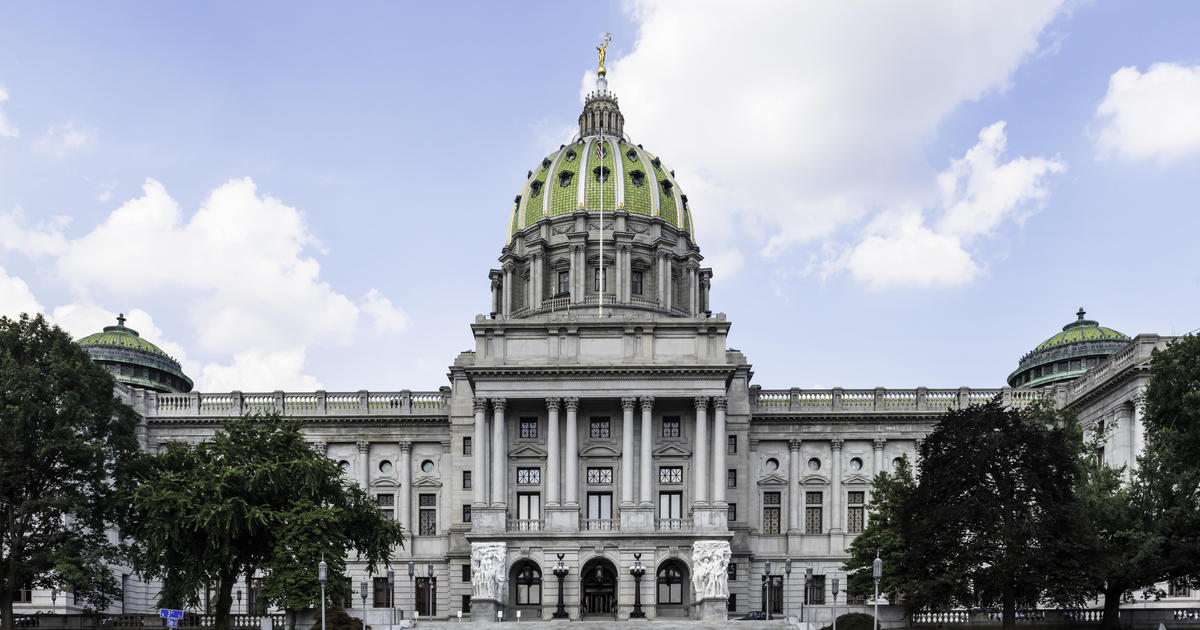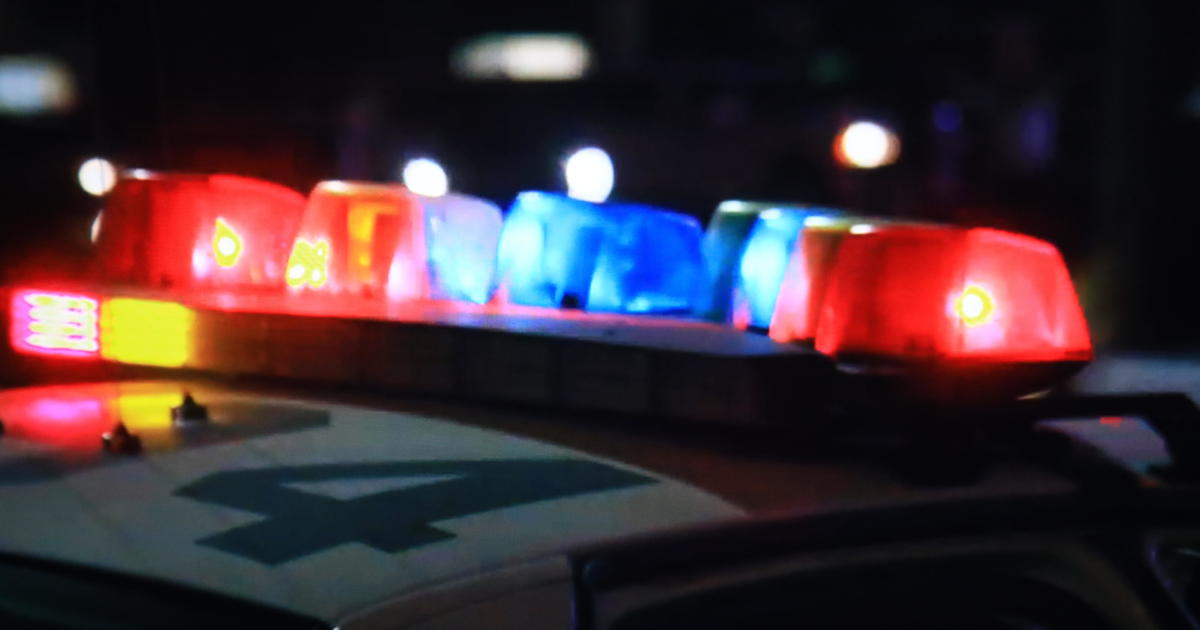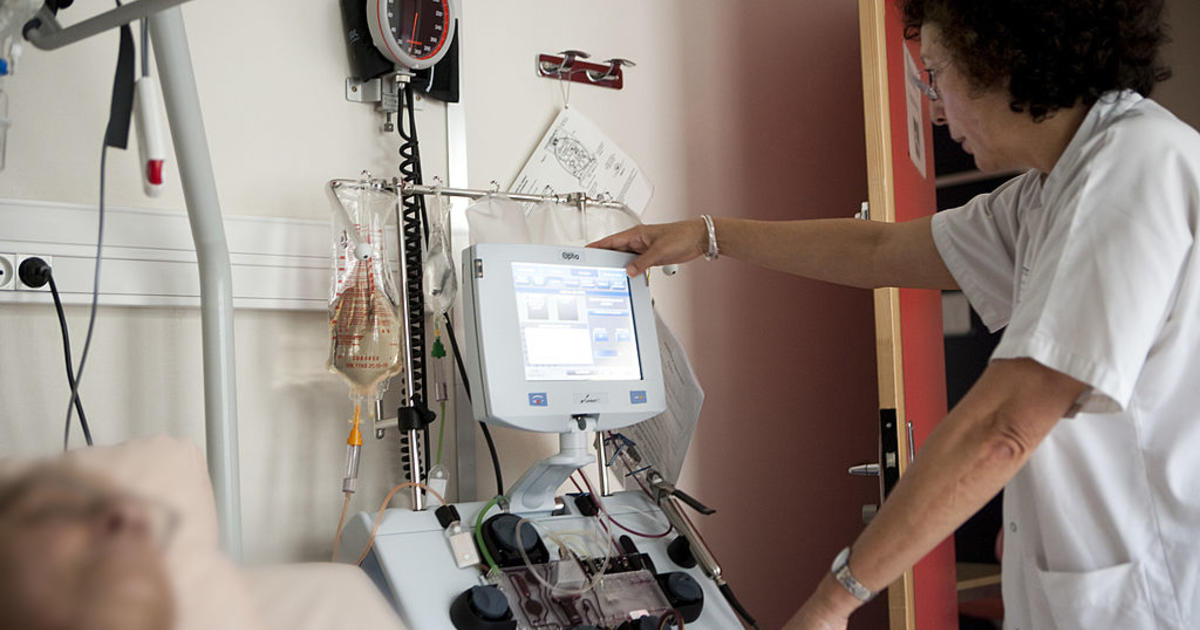COVID-19 In Pennsylvania: Statewide School Bus Driver Shortage Hits Pittsburgh Area
PITTSBURGH (KDKA) - With all the uncertainty surrounding COVID-19 and our schools, one thing is constant: a statewide shortage of bus drivers.
Some school districts in the Pittsburgh area are operating up to 400 bus runs short. That means they'd need drivers to make 400 more trips each day to satisfy all of the student transportation needs.
Steadily rising COVID cases forced many districts to switch to full remote learning, but what happens after the holidays?
Bus companies say the driver shortage is only going to get worse.
They're lined up and ready to go, but many buses will sit empty this year.
"We have around 90 vehicles so typically we have a driver for every vehicle. We're down probably in the 60s with drivers right now," said Mark Cherpak, the business manager of Baldwin-Whitehall School District.
That's a 33% drop in drivers at Baldwin-Whitehall. Cherpak said his shortage started three years ago.
"It was becoming a common theme that as the older ones were retiring, we were having a much more difficulty getting the younger ones to come into those positions," said Cherpak.
He's asking for help, going so far as to literally park his request on the high school's front lawn.
He's not alone - Bethel Park School District plastered a virtual help wanted sign prominently on its homepage. Another local bus company posted a job opening, trying to entice drivers with a $1,500 sign-on bonus.
Most school districts contract out for bus services, but some like Baldwin manage their own fleet.
"It's kind of its own business we're running on the side," said Cherpak. "It's part of the school district, but it does bring a lot of challenges with it."
Challenges that recently forced Baldwin to double up on runs, making some students sit on the bus for an hour.
"We like to keep transportation to less than an hour if possible. In some cases this year that's been compromised simply because we don't have enough vehicles or enough drivers to get all of that done," said Cherpak.
Baldwin is just one example. We've seen the number of school bus drivers statewide plummet by thousands. That means the school bus companies have to do anything they can to keep their drivers, including filing lawsuits.
"You do have some battles with school bus companies trying to get drivers," said Ray Middleman, attorney, Eickert Seamans Cherin & Mellott LLC.
Attorney Middleman represents what you could call bus companies scorned. He filed a federal lawsuit that claims a local bus company poached the drivers from another.
"They're making an investment in the driver for the cost of the classes, the cost of training, sometimes they have to go back multiple times, medical examinations," said Middleman.
Denille Girardat-Myers oversees 300 school bus companies statewide. She says they're desperately fronting the cash to try to get qualified people in the driver's seat.
"Easily you're investing $2,500 to $3,000 into a person before you even get them behind the wheel," said Girardat-Myers.
She blames the shortage on a lack of funding and rigorous testing that takes 12 weeks at best.
"The fear is when we say 'here, you need to pass four tests then you need to pass a skills test. You also have to pass a walk around test,'" said Girardat-Myers.
For a split shift, often without benefits, that can pay less than other CDL-required trucking jobs.
"Is it a 'school bus only' CDL? And that is something that is being addressed so that we're not as much tied into the trucking industry," said Girardat-Myers.
Back at Baldwin, Cherpak starts his drivers at $21.31 an hour, well above the national average of $16 an hour. He says salary isn't the problem for his district, but he says he knows what is, so he's pleading for state legislators to help.
"To reduce some of those restrictions on the testing would really help the districts that are struggling with this problem," said Cherpak.
The Pennsylvania School Bus Association tells KDKA's Meghan Schiller drivers deciding to not work this year in fear of getting sick only minimally contributed (less than 5 percent) to the current shortage.



